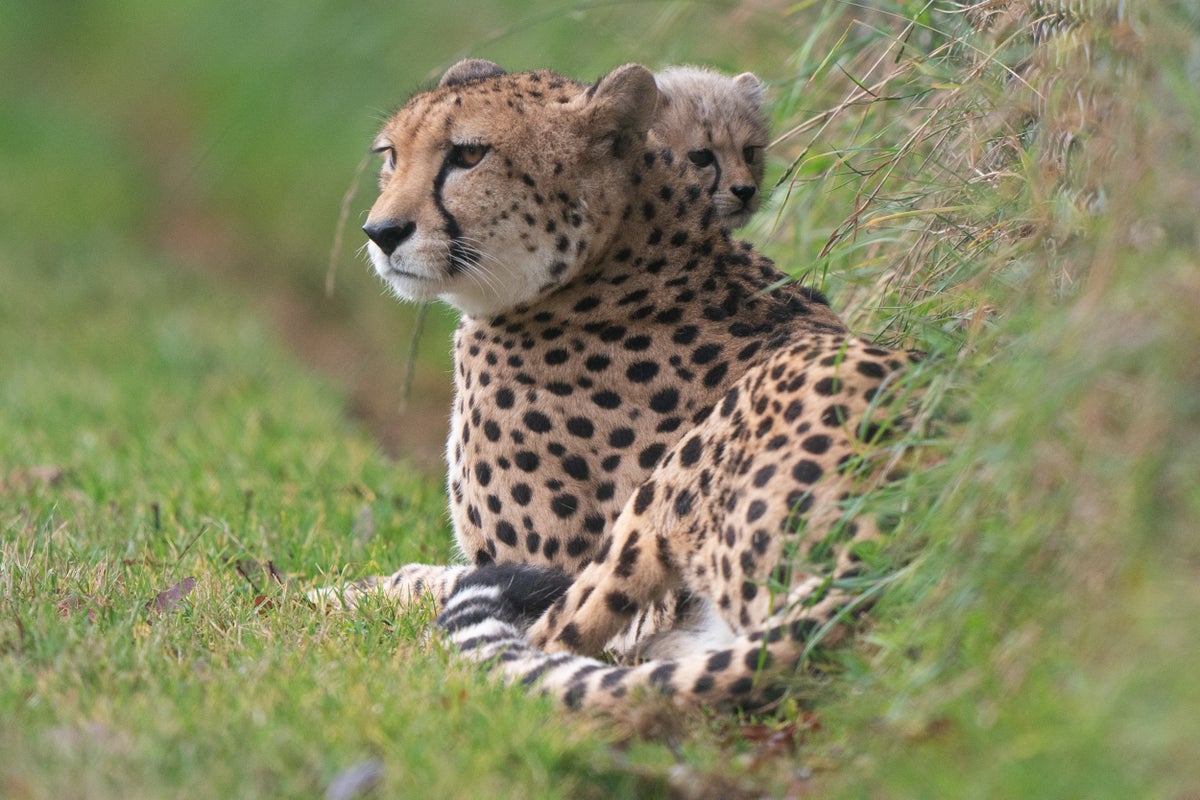
Eight Cheetahs from Namibia will soon make India their home, the government has announced.
The Asiatic cheetahs were declared to be officially extinct in 1952 in India.
Now, thanks to a Memorandum of Understanding (MoU) that the Indian government signed with Namibia, eight cheetahs shall be brought to the country in what was described by one minister as a “historic” pact.
India’s environment minister Bhupender Yadav and Namibia’s deputy prime minister and foreign minister Netumbo Nandi Ndaitwah signed the MoU, Wednesday, on wildlife conservation and sustainable biodiversity utilisation for “establishing the cheetah into the historical range in India,” a statement said.
The cheetahs shall be brought to the Kuno National Park in Madhya Pradesh.
The statement added that “while the current carrying capacity for Kuno National Park is a maximum of 21 cheetahs, once restored the larger landscape can hold about 36 cheetahs. The carrying capacity can be further enhanced by including the remaining part of the Kuno Wildlife Division (1,280 sq km) through prey restoration.”
The timing of cheetahs’ arrival in India is expected to coincide with India’s independence day, reports said.
Mr Yadav said in a social media post: “Completing 75 glorious years of independence with restoring the fastest terrestrial flagship species, the cheetah, in India, will rekindle the ecological dynamics of the landscape.”
A spokesperson for India’s ministry of environment, forest and climate change said that “the main goal of cheetah reintroduction project in India is to establish viable cheetah metapopulation in India that allows the cheetah to perform its functional role as a top predator and provides space for the expansion of the cheetah within its historical range thereby contributing to its global conservation efforts.”
However, some environmentalists and wildlife activists have expressed their scepticism about the plan and called it the government of India’s “vanity project.”
Ravi Chellam, wildlife biologist and conservation scientist told India’s The Wire: “If introduction of the African cheetah is a priority, why hasn’t it been included in our National Wildlife Action Plan? Lions are also top predators, and their translocation has been mandated by the Supreme Court in 2013. This is a vanity project.”
He added: “The press release mentions that the MoU’s objectives include the sustainable use of biodiversity. It was reported that Namibia had sought India’s support to overturn the CITES ban of the ivory trade. It’s important to review the details of the MoU for us to understand what really has been agreed to by India.”
India is also planning to ship in some more cheetahs from South Africa but a formal pact has not yet been signed.
According to National Geographic, the cheetah is the fastest mammal on land and can reach speeds of 60 - 70 miles (97 or 113 kilometres) an hour over short distances. It says that “it usually chases its prey at only about half that speed, however.”







